Home>Articles>What Is The Best Sealer For Granite Countertops
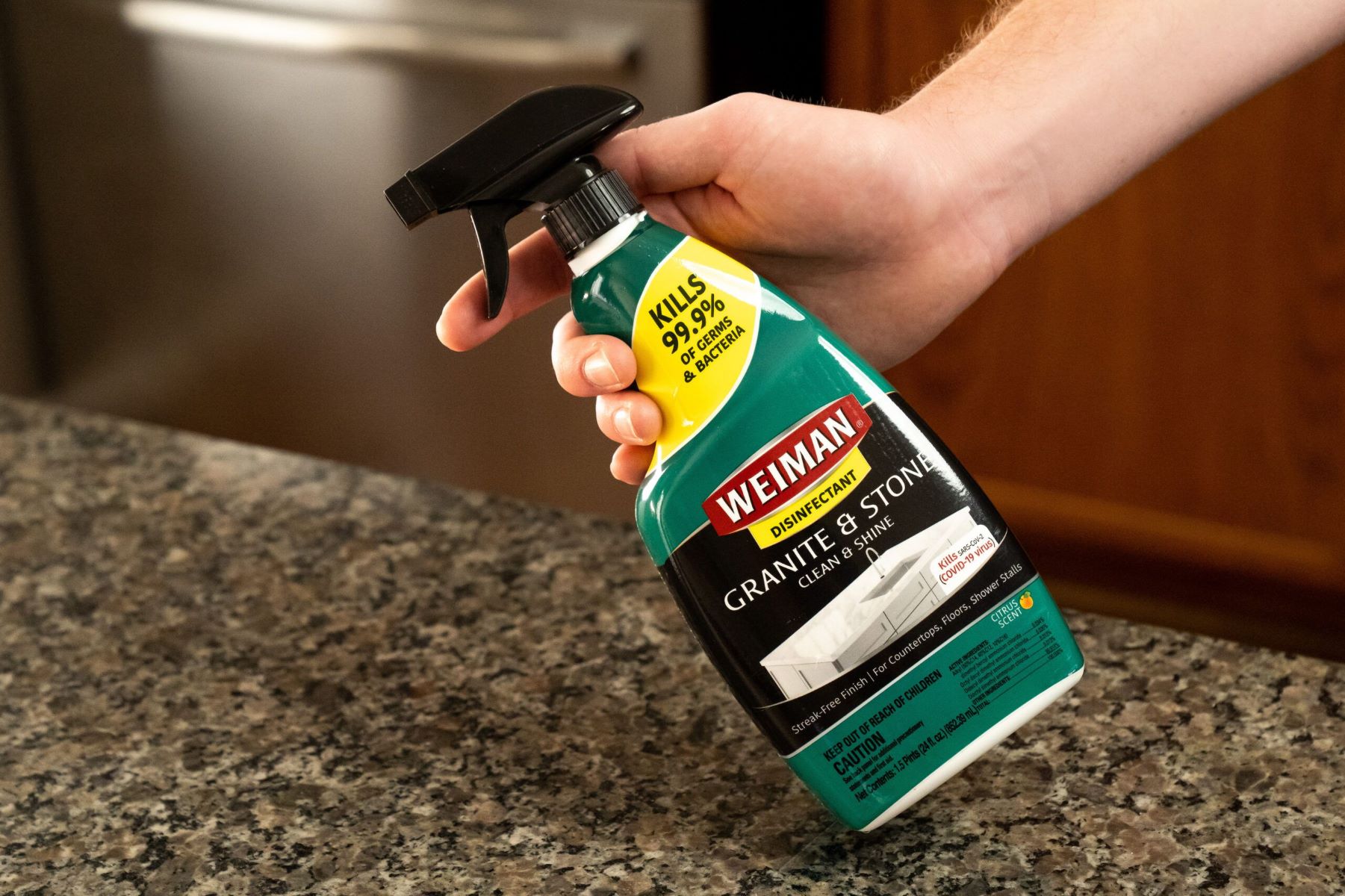

Articles
What Is The Best Sealer For Granite Countertops
Modified: December 13, 2023
Looking for the best sealer for granite countertops? Check out our informative articles for expert tips and recommendations to protect your investment.
(Many of the links in this article redirect to a specific reviewed product. Your purchase of these products through affiliate links helps to generate commission for Storables.com, at no extra cost. Learn more)
Introduction
Welcome to the world of granite countertops! These beautiful natural stone surfaces have become increasingly popular among homeowners due to their durability, elegance, and timeless appeal. However, to ensure the longevity and beauty of your granite countertops, proper maintenance is essential, and one crucial aspect of maintenance is sealing. In this article, we will explore the importance of sealing granite countertops, factors to consider when choosing a sealer, and recommend some of the best sealers available in the market today.
Granite countertops are typically composed of igneous rock formed from molten lava deep within the Earth’s crust. This natural stone is renowned for its hardness, resistance to heat and scratches, and its stunning variety of colors and patterns. Granite countertops can elevate the aesthetics of any kitchen or bathroom, adding a touch of luxury and sophistication.
While granite countertops are known for their durability, they are still susceptible to high levels of moisture, staining, and damage caused by acidic substances. That’s where sealing comes into play. Sealing granite countertops creates a protective barrier that prevents liquids and stains from penetrating the surface, making it easier to clean and maintain in the long run.
Choosing the right sealer for your granite countertops is crucial to ensure optimal protection and preservation. There are various factors to consider when selecting a sealer, including the type of granite, the level of usage, and personal preferences. To help you make an informed decision, we will discuss these factors in more detail and recommend some top-quality sealers that have received rave reviews from professionals and homeowners.
It’s important to note that while sealing is an effective way to protect granite countertops, it is not a one-time fix-all solution. Sealing should be done regularly, depending on the specific needs of your countertops and the type of sealer used. In addition to sealing, proper cleaning and maintenance practices are essential in ensuring the longevity and beauty of your granite countertops.
Now that we understand the importance of sealing granite countertops and the factors to consider when choosing a sealer, let’s dive into the world of sealers and explore the top recommended products that can help protect and preserve your granite countertops.
Key Takeaways:
- Sealing granite countertops is essential to prevent staining, enhance durability, and maintain their natural beauty. Factors like sealer type, application, and frequency of resealing play a crucial role in ensuring long-term protection.
- Choosing the right sealer for granite countertops involves considering factors such as granite type, sealer compatibility, longevity of protection, and ease of application. Water-based and solvent-based sealers each have their pros and cons, so understanding these differences is key.
Read more: What Are Granite Countertops
Understanding Granite Countertops
Granite countertops are highly sought after for their natural beauty and durability. But what exactly is granite? Granite is an igneous rock composed primarily of quartz, feldspar, and mica. It is formed through the slow crystallization of magma beneath the Earth’s surface, taking millions of years to develop its unique patterns and colors.
One of the standout features of granite is its incredible strength and hardness. This makes it an ideal material for kitchen and bathroom countertops, as it can stand up to the daily wear and tear of cooking, cutting, and other activities. With proper care, granite countertops can retain their luster and beauty for decades.
Granite is available in a wide range of colors and patterns, making it a versatile choice that can complement any interior design style. From classic neutrals like white and gray to vibrant hues of blue, green, and red, there is a granite color to suit every taste and aesthetic preference.
In addition to its durability and aesthetic appeal, granite countertops are also heat-resistant. This means you can place hot pots and pans directly on the surface without fear of damaging or discoloring it. Granite is also scratch-resistant, although it is still recommended to use cutting boards and avoid dragging heavy or sharp objects across the surface to maintain its pristine condition.
While granite is a highly durable material, it is not entirely impervious to damage. Certain substances, like acidic liquids and harsh chemicals, can etch the surface of the stone if left on for an extended period. That’s why sealing granite countertops is crucial.
Sealing granite helps to create a protective barrier on the surface, preventing liquids and stains from seeping into the pores of the stone. By sealing your granite countertops, you can prolong their lifespan and maintain their appearance for years to come.
When considering granite countertops for your kitchen or bathroom, it is important to keep in mind that each slab is unique. The natural variations in color, pattern, and veining make every granite countertop a one-of-a-kind piece of art. So, whether you prefer a subtle and minimalist look or a bold and vibrant statement, granite offers endless possibilities.
Now that you have a better understanding of what granite countertops are and their key characteristics, let’s explore why sealing them is essential for their long-term care and maintenance.
Importance of Sealing Granite Countertops
Sealing granite countertops is a crucial step in their maintenance and care. Although granite is a durable and resilient material, it is still susceptible to staining and damage if not properly sealed. Let’s explore the importance of sealing granite countertops and how it benefits their longevity and appearance.
1. Stain Prevention: Granite is a porous material, meaning it has small pores and spaces within its structure that can absorb liquids and stains. Sealing granite countertops creates a protective barrier on the surface, preventing liquids from seeping into the pores and causing permanent stains. Without proper sealing, liquids like coffee, wine, and oil can penetrate the stone, leading to unsightly stains that are difficult to remove.
2. Easy Maintenance: Sealed granite countertops are much easier to clean and maintain. The protective sealant makes the surface smoother and less porous, allowing for easy wiping and preventing the buildup of dirt and grime. With regular sealing, spills can be quickly wiped away without leaving behind any residue or marks.
3. Durability: Sealing granite countertops helps enhance their durability and longevity. The protective sealant acts as a shield against everyday wear and tear, reducing the risk of scratches, etching, and chipping. Sealing not only preserves the beauty of the countertop but also ensures that it can withstand the demands of daily use in the kitchen or bathroom.
4. Hygiene: Granite countertops in the kitchen and bathroom are constantly exposed to moisture, which can create an environment conducive to the growth of bacteria and mold. Sealing the granite surface helps to minimize moisture absorption and makes it easier to keep the countertops clean and hygienic.
5. Enhances Natural Beauty: Sealing granite countertops can enhance the natural beauty of the stone. The sealant brings out the richness and depth of the colors and patterns, intensifying the visual appeal of the countertop. A well-sealed granite countertop will have a glossy and polished appearance that adds elegance and sophistication to any space.
It’s important to note that sealing is not a one-time process. Over time, the protective sealant on granite countertops may wear off, and resealing is necessary to maintain its benefits. The frequency of resealing depends on various factors such as the quality of the sealant used, the level of usage, and the specific needs of the granite. As a general guideline, granite countertops should be resealed every 1 to 3 years, though some sealants can last longer.
By understanding the importance of sealing granite countertops, you can ensure that your investment in these beautiful surfaces is well-protected. Whether you have a busy kitchen or a serene bathroom, sealing your granite countertops is a worthwhile step to maintain their longevity, beauty, and functionality.
Factors to Consider When Choosing a Granite Sealer
Choosing the right sealer for your granite countertops is crucial to ensure optimal protection and preservation. With numerous sealers available in the market, it can be overwhelming to determine which one is best suited for your needs. Here are some key factors to consider when selecting a granite sealer:
1. Type of Granite: Not all granite countertops are the same. Some are more porous than others, which affects their susceptibility to staining and the type of sealer required. Darker and denser granites tend to be less porous, while lighter and more intricate granites may require a stronger sealer. Understanding the type of granite you have will help you choose a sealer that can effectively penetrate and seal the pores of the stone.
2. Sealer Compatibility: It’s important to ensure that the sealer you choose is compatible with granite. Granite is a natural stone with its own unique properties, and not all sealers are suitable for use on it. Look for sealers specifically designed for granite or ones that are labeled as safe for use on natural stone surfaces.
3. Water-Based vs. Solvent-Based: Granite sealers come in two main types: water-based and solvent-based. Water-based sealers are typically easier to apply, have a lower odor, and are more environmentally friendly. Solvent-based sealers, on the other hand, tend to provide a deeper penetration and longer-lasting protection. Consider your preferences and the specific needs of your granite countertops when choosing between these two options.
4. Longevity of Protection: The durability of the sealer’s protective barrier is an essential factor to consider. Some sealers provide protection for a longer period before requiring reapplication, while others may need more frequent sealing. Assess the expected lifespan of the chosen sealer and consider factors such as the level of usage and exposure to moisture and staining substances in your kitchen or bathroom.
5. Ease of Application: Look for a sealer that is easy to apply and doesn’t require extensive or complicated procedures. Some sealers come in a spray bottle or can be applied with a brush or sponge, making the application process hassle-free. Consider your comfort level with DIY projects and choose a sealer that fits your skill set.
6. Glossy or Natural Finish: Sealers can produce different finishes on granite countertops. Some sealers leave a glossy finish that enhances the natural beauty of the stone, while others provide a more natural and matte appearance. Consider the overall aesthetic you want to achieve and choose a sealer that aligns with your desired finish.
7. Reviews and Recommendations: Before making a final decision, it’s important to research and read reviews of different granite sealers. Consider feedback from professionals and other homeowners who have used the products. Their experiences can provide valuable insights into the effectiveness, ease of use, and overall satisfaction with the sealers.
By considering these factors, you can make an informed decision when choosing a granite sealer. Remember that the best sealer for your granite countertops may vary depending on the specific characteristics of your stone, personal preferences, and the level of protection required. Taking the time to choose the right sealer will ensure the long-term preservation and beauty of your granite countertops.
Top Recommended Granite Sealers
When it comes to sealing your granite countertops, choosing the right sealer is essential. To help you make an informed decision, we have compiled a list of top recommended granite sealers based on their effectiveness, durability, ease of application, and customer reviews:
1. Granite Gold Sealer: Granite Gold Sealer is a highly acclaimed water-based sealer that provides long-lasting protection against stains and water damage. It is easy to apply, dries quickly, and leaves a natural finish without altering the color or appearance of the granite. This sealer also comes in a convenient spray bottle, making the application process a breeze.
2. Black Diamond Stoneworks Granite Sealer: This solvent-based sealer is known for its deep penetration and exceptional protection against oil-based stains. It creates a durable barrier that guards against water, wine, and oil stains, while also enhancing the natural beauty of the granite. Black Diamond Stoneworks Granite Sealer is suitable for both interior and exterior use.
3. StoneTech BulletProof Sealer: StoneTech BulletProof Sealer is a high-performance sealer that offers maximum protection against all types of stains. It is suitable for use on a wide variety of natural stones, including granite. This solvent-based sealer provides excellent resistance to water and oil-based stains, ensuring long-lasting protection and an enhanced appearance.
4. TriNova Granite Sealer and Protector: TriNova Granite Sealer and Protector is a water-based sealer that provides a strong, long-lasting barrier against stains and spills. It is easy to apply and provides maximum protection without altering the natural appearance or color of the granite. This sealer also has added UV protection, making it suitable for outdoor use as well.
5. Aqua Mix Sealer’s Choice Gold: Aqua Mix Sealer’s Choice Gold is a premium solvent-based sealer that offers excellent stain protection for granite countertops. It is formulated to provide maximum coverage and outstanding durability against oil and water-based stains. The sealer also enhances the natural beauty of the stone, leaving a deep, glossy finish.
These are just a few of the top recommended granite sealers available in the market. It is important to consider the specific needs of your granite countertops and consult professional advice if necessary before choosing the most suitable sealer for your specific situation.
Remember to carefully follow the manufacturer’s instructions for application and reapplication to ensure optimal results and long-lasting protection for your beautiful granite countertops.
When choosing a sealer for granite countertops, look for a solvent-based impregnating sealer that provides long-lasting protection against stains and moisture. Be sure to follow the manufacturer’s instructions for application and reapplication to maintain the seal.
Read more: What Are Leather Granite Countertops
Pros and Cons of Different Granite Sealers
When it comes to choosing a sealer for your granite countertops, it’s important to consider the pros and cons of different options. Each type of sealer has its own advantages and limitations. Here are some common pros and cons of different granite sealers:
Water-Based Sealers:
- Pros: Water-based sealers are generally easy to apply and have a lower odor compared to solvent-based sealers. They are also eco-friendly and safer to use. These sealers typically provide a natural finish, preserving the original look of the granite. They are suitable for different types of granite and require minimal curing time.
- Cons: Water-based sealers may not offer the same level of durability and protection as solvent-based sealers. They may require more frequent reapplication, especially in high-traffic areas or when exposed to heavy water or stain sources. Additionally, some water-based sealers may not penetrate as deeply into the granite, which may result in reduced stain resistance.
Solvent-Based Sealers:
- Pros: Solvent-based sealers often provide a deeper penetration into the granite, resulting in a more reliable and longer-lasting protective barrier. These sealers can offer excellent resistance to oil, water, and other types of stains. They typically require less frequent reapplication, making them suitable for high-traffic areas or countertop surfaces exposed to heavy use or staining substances.
- Cons: Solvent-based sealers may emit strong odors and require proper ventilation during application. They can also be more challenging to apply, as they may require multiple coats and longer curing times. The glossy finish of some solvent-based sealers may alter the original appearance of the granite. Care should be taken to choose a sealer specifically formulated for granite to avoid potential damage or discoloration.
Hybrid Sealers:
- Pros: Hybrid sealers combine the advantages of both water-based and solvent-based sealers. They offer good protection against stains, while also being easy to apply and having a lower odor compared to pure solvent-based sealers. Hybrid sealers typically provide a natural or satin finish, preserving the original beauty of the granite.
- Cons: Hybrid sealers may not provide the same level of durability and long-lasting protection as pure solvent-based sealers. They may require more frequent reapplication, depending on the specific needs and usage of the countertops.
It’s important to note that the pros and cons mentioned above are general guidelines and can vary depending on the specific brand and formulation of the sealer. It’s always recommended to carefully read the product instructions, consult professional advice if needed, and conduct a small test in a discreet area to ensure compatibility and desired results.
Ultimately, the choice of sealer depends on factors such as the specific characteristics of your granite countertops, personal preferences, and the level of protection and maintenance required. By weighing the pros and cons and considering your specific needs, you can make an informed decision and choose the most suitable sealer for your granite countertops.
How to Apply a Sealer on Granite Countertops
Applying a sealer on your granite countertops is a straightforward process that can help protect and preserve their beauty and longevity. Here is a step-by-step guide on how to apply a sealer on granite countertops:
- Clean the Countertops: Start by thoroughly cleaning the granite countertops using a mild granite cleaner or a mixture of warm water and a few drops of dish soap. Remove any dirt, grease, or stains from the surface. Rinse with clean water and allow the countertops to dry completely.
- Choose the Right Sealer: Select a high-quality sealer that is specifically formulated for use on granite countertops. Consider factors such as the type of granite, level of usage, and personal preferences. Read and follow the manufacturer’s instructions for the specific sealer you have chosen.
- Prepare the Area: Ensure good ventilation in the room by opening windows or using fans to minimize the odor and fumes from the sealer. Protect any adjacent surfaces or objects that you don’t want to accidentally get the sealer on by covering them with plastic sheets or towels.
- Apply the Sealer: Pour a small amount of the sealer onto the granite surface. Use a clean, lint-free cloth or a soft brush to spread the sealer evenly over the countertop. Work in small sections, applying the sealer in a circular motion.
- Allow Penetration Time: Let the sealer penetrate into the granite for the recommended time specified by the manufacturer. This typically ranges from a few minutes to around 20 minutes, depending on the type of sealer used. Do not let the sealer dry on the surface.
- Wipe Off Excess: Using a clean, dry cloth, gently wipe off any excess sealer from the countertop. Ensure thorough removal to prevent any streaks or residue from forming on the surface.
- Repeat and Cure (If Necessary): Depending on the specific sealer you are using, you may need to repeat the application process and allow for additional curing time. Follow the manufacturer’s instructions regarding the number of coats and the recommended curing time between each application.
- Test and Inspect: After the recommended curing time, perform a simple water droplet test to ensure the effectiveness of the sealer. Place a few drops of water on the surface and observe if it beads up or gets absorbed. If the water beads up, the sealer is still effective. If it gets absorbed, you may need to reapply the sealer in those areas.
- Maintain and Reapply: Regularly clean and maintain your sealed granite countertops with mild cleaners specifically designed for granite. Stay consistent with the recommended maintenance routine and reapply the sealer as needed, depending on the specific sealer and the level of usage of your countertops.
It’s essential to carefully follow the instructions provided by the sealer manufacturer to ensure optimal results and the desired level of protection. Keep in mind that the application process may vary slightly depending on the specific sealer you choose, so always refer to the product guidelines for detailed instructions.
By properly applying a sealer and maintaining your granite countertops, you can enjoy their beauty and durability for years to come.
Frequently Asked Questions (FAQs)
Here are some frequently asked questions (FAQs) about granite countertops and sealing:
Q: What is the purpose of sealing granite countertops?
A: Sealing granite countertops helps to create a protective barrier that prevents stains and liquids from penetrating the surface. It makes the countertops easier to clean and maintain, prolongs their lifespan, and enhances their overall appearance.
Q: How often should I seal my granite countertops?
A: The frequency of sealing depends on various factors, such as the type of granite, level of usage, and the specific sealer used. As a general guideline, granite countertops should be sealed every 1 to 3 years. However, some sealers may offer longer protection and may only require reapplication every 5 years or more.
Q: How do I know if my granite countertops need to be resealed?
A: You can perform a simple water droplet test. Place a few drops of water on the countertop surface and observe if it beads up or gets absorbed. If the water beads up, the sealer is still effective. If it gets absorbed, it’s an indication that the countertop needs to be resealed.
Q: Can I seal my granite countertops myself?
A: Yes, sealing granite countertops is a DIY-friendly task. Ensure that you choose a high-quality sealer specifically formulated for granite and follow the manufacturer’s instructions carefully. It’s important to clean and prep the countertops properly before applying the sealer to ensure optimal results.
Q: Can I use the same sealer for both indoor and outdoor granite countertops?
A: While some sealers are suitable for both indoor and outdoor use, it’s essential to check the product label or consult with the manufacturer to ensure that the sealer is designed for the specific application. Outdoor granite countertops may require a sealer that provides additional protection against UV rays and outdoor elements.
Q: How do I clean sealed granite countertops?
A: To clean sealed granite countertops, use a mild granite cleaner or a mixture of warm water and a few drops of dish soap. Avoid harsh or abrasive cleaners that can strip away the sealer. Wipe the countertops with a soft cloth or sponge and rinse with clean water. Dry the surface thoroughly after cleaning.
Q: Can all types of granite be sealed?
A: Most types of granite can be sealed effectively. However, some granites are naturally more porous or may have existing surface treatments that make sealing less necessary. It’s important to consult with a professional or the granite provider if you are unsure about the need for sealing your specific type of granite.
Q: Does sealing granite countertops make them completely stain-proof?
A: Sealing granite countertops provides a protective barrier against stains, but it does not make them completely stain-proof. It gives you more time to clean up spills before they can penetrate the surface. It is still essential to promptly clean up any spills to avoid potential staining.
If you have any further questions or concerns about granite countertops and sealing, it’s recommended to consult with professionals or experts in the field for personalized advice.
Conclusion
Sealing granite countertops is a crucial step in maintaining their beauty, durability, and longevity. By creating a protective barrier, sealers prevent liquids and stains from penetrating the surface, making the countertops easier to clean and maintain. Throughout this article, we have explored the importance of sealing granite countertops, factors to consider when choosing a sealer, top recommended sealers, pros and cons of different sealers, and how to apply a sealer properly.
When choosing a sealer, it’s important to consider factors such as the type of granite, sealer compatibility, water-based vs. solvent-based options, longevity of protection, ease of application, and desired finish. Top recommended sealers like Granite Gold Sealer, Black Diamond Stoneworks Granite Sealer, StoneTech BulletProof Sealer, TriNova Granite Sealer and Protector, and Aqua Mix Sealer’s Choice Gold offer effective protection and have received favorable reviews from professionals and homeowners.
Water-based sealers are easy to apply and have a lower odor, while solvent-based sealers provide deeper penetration and longer-lasting protection. Hybrid sealers offer a combination of benefits from water-based and solvent-based options. Understanding the pros and cons of different sealers can help you make an informed decision based on your specific needs and preferences.
When applying a sealer, it’s essential to clean the countertops thoroughly, choose the right sealer for your granite, and follow the manufacturer’s instructions carefully. Regular maintenance and reapplication of sealers, as needed, will ensure the continued protection and beauty of your granite countertops.
In conclusion, sealing granite countertops is an integral part of their maintenance and care. It enhances their resistance to stains, eases cleaning efforts, and preserves their natural beauty. By investing in quality sealers and following proper application techniques, you can enjoy the benefits of sealed granite countertops for years to come. So, protect your investment and enjoy the elegance and durability that granite countertops bring to your kitchen or bathroom.
Frequently Asked Questions about What Is The Best Sealer For Granite Countertops
Was this page helpful?
At Storables.com, we guarantee accurate and reliable information. Our content, validated by Expert Board Contributors, is crafted following stringent Editorial Policies. We're committed to providing you with well-researched, expert-backed insights for all your informational needs.
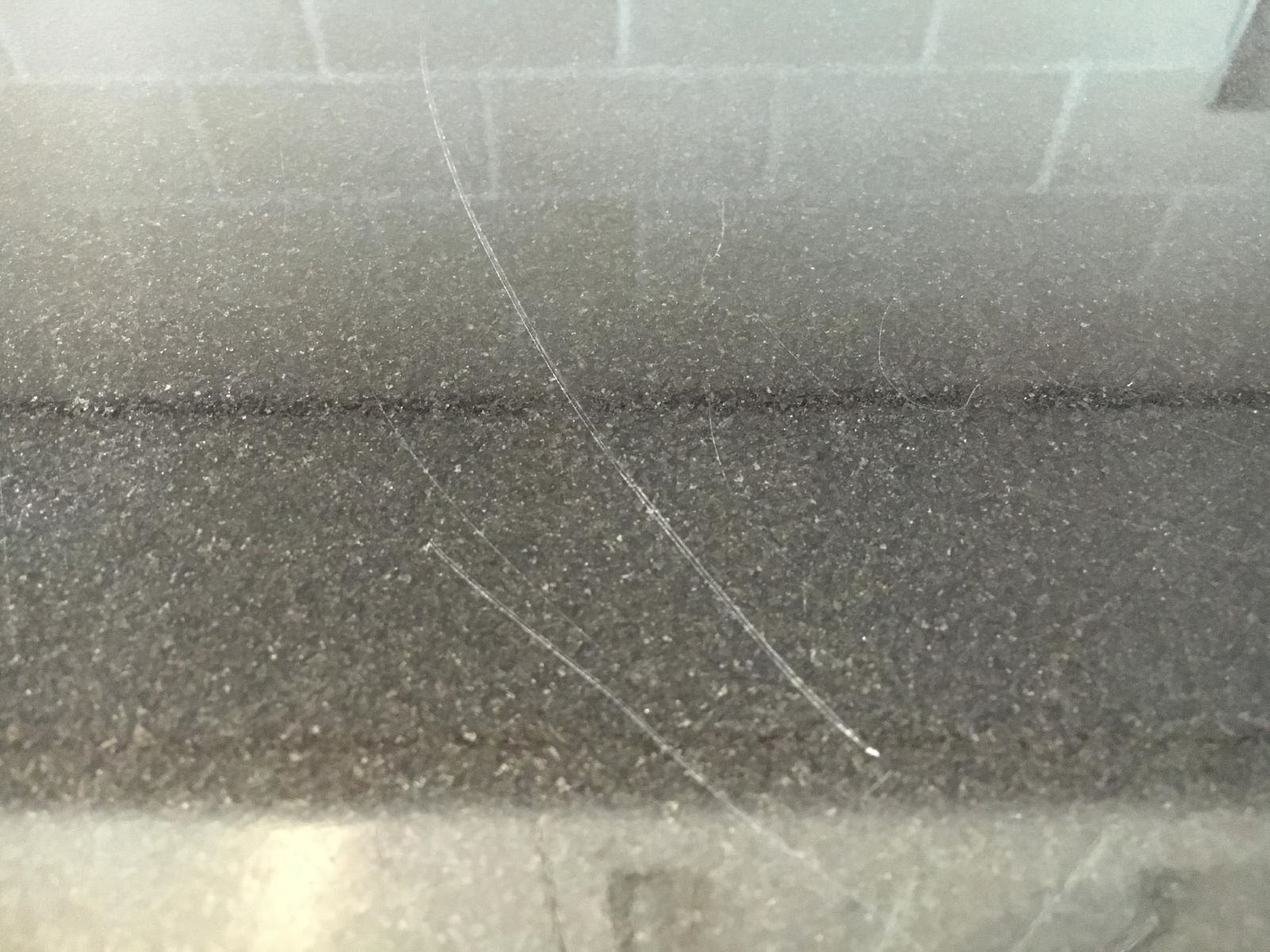
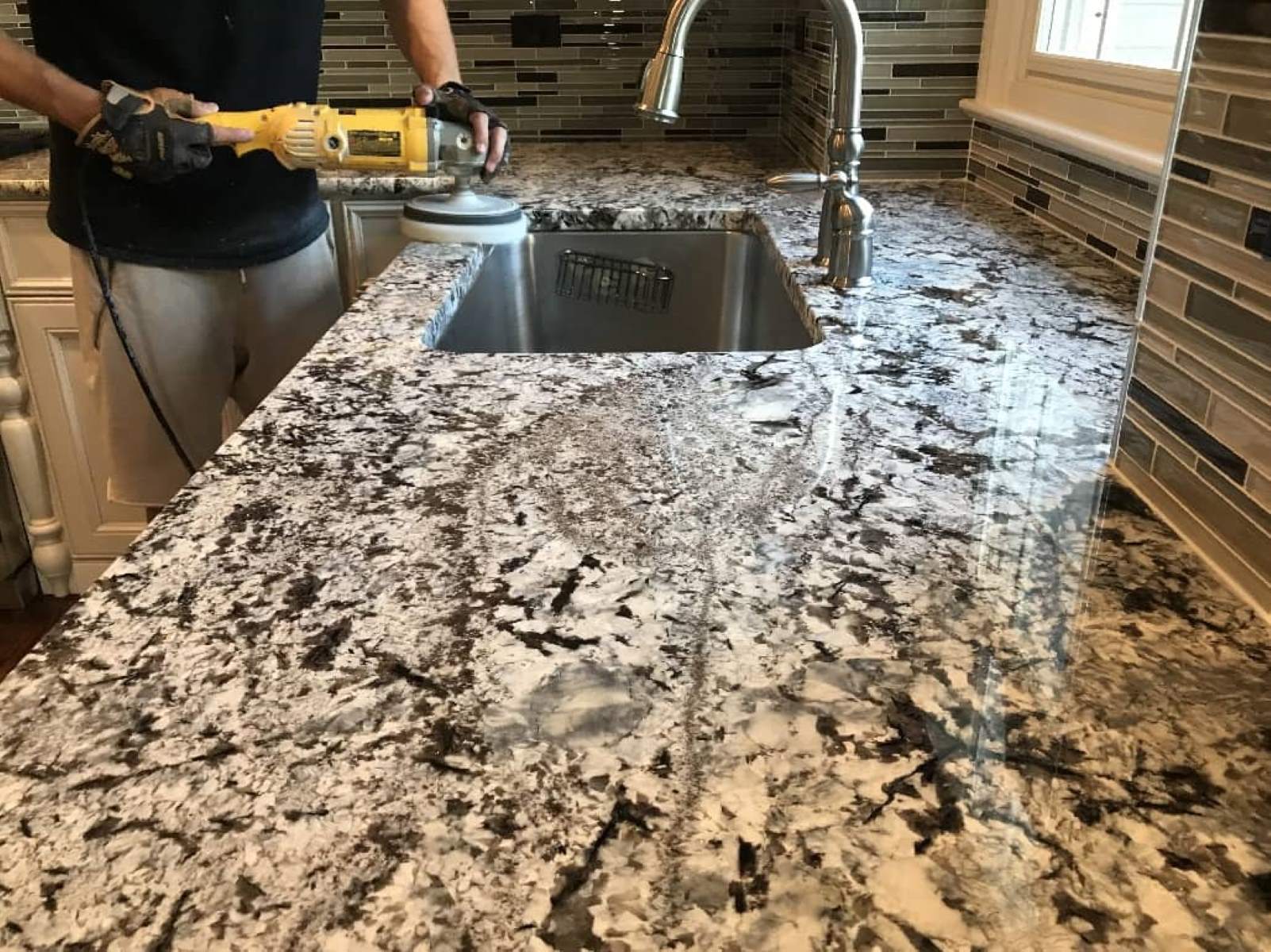

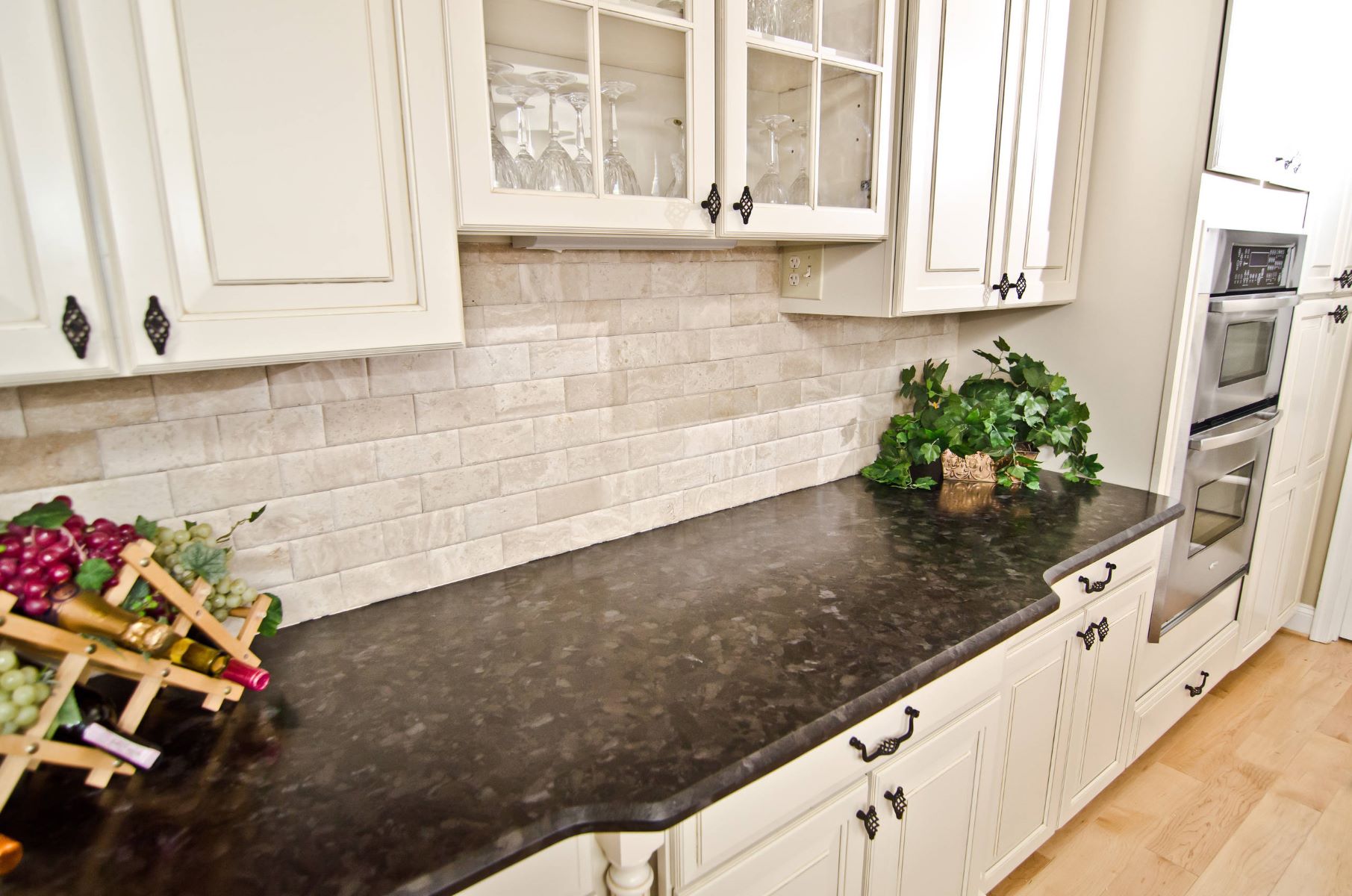
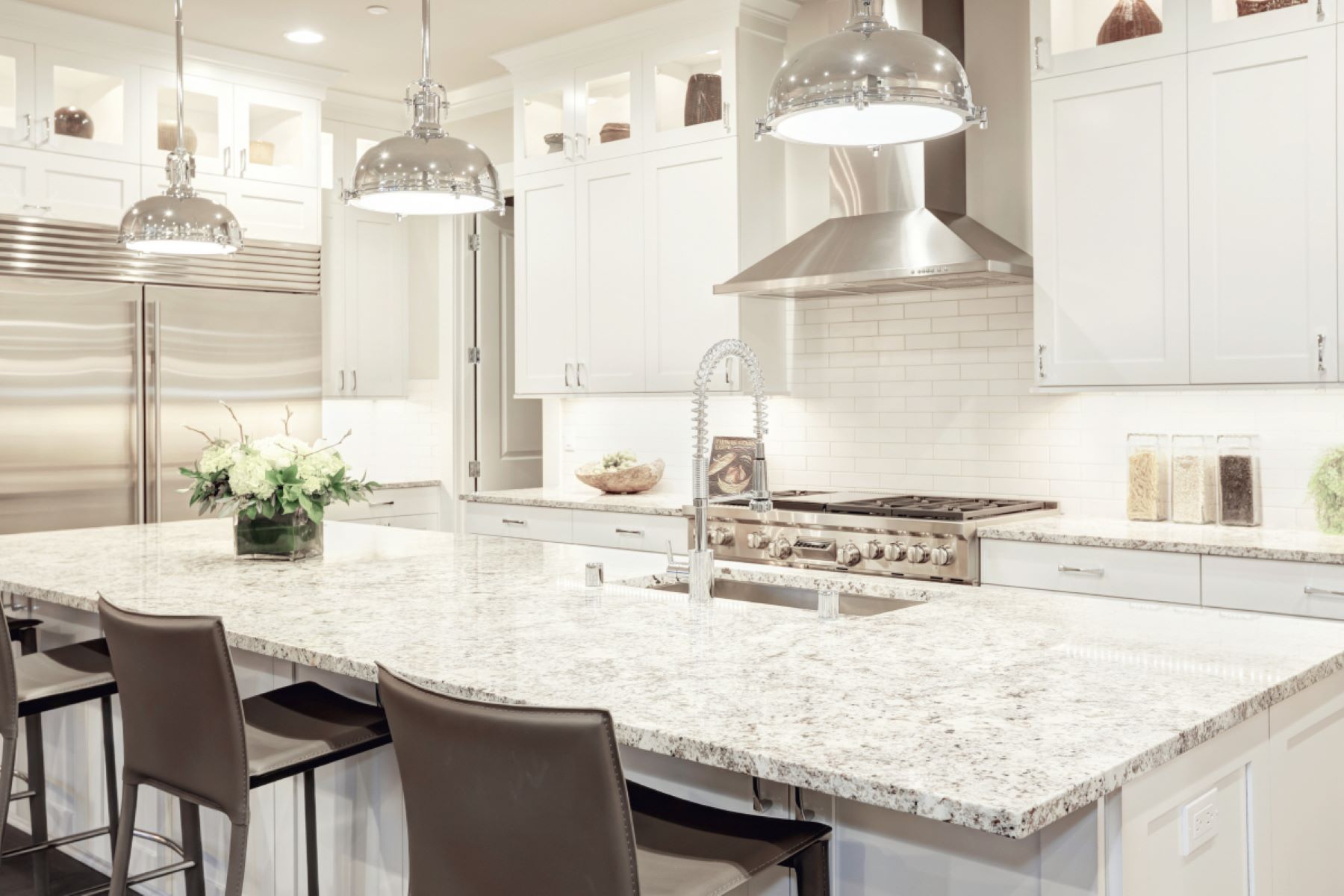
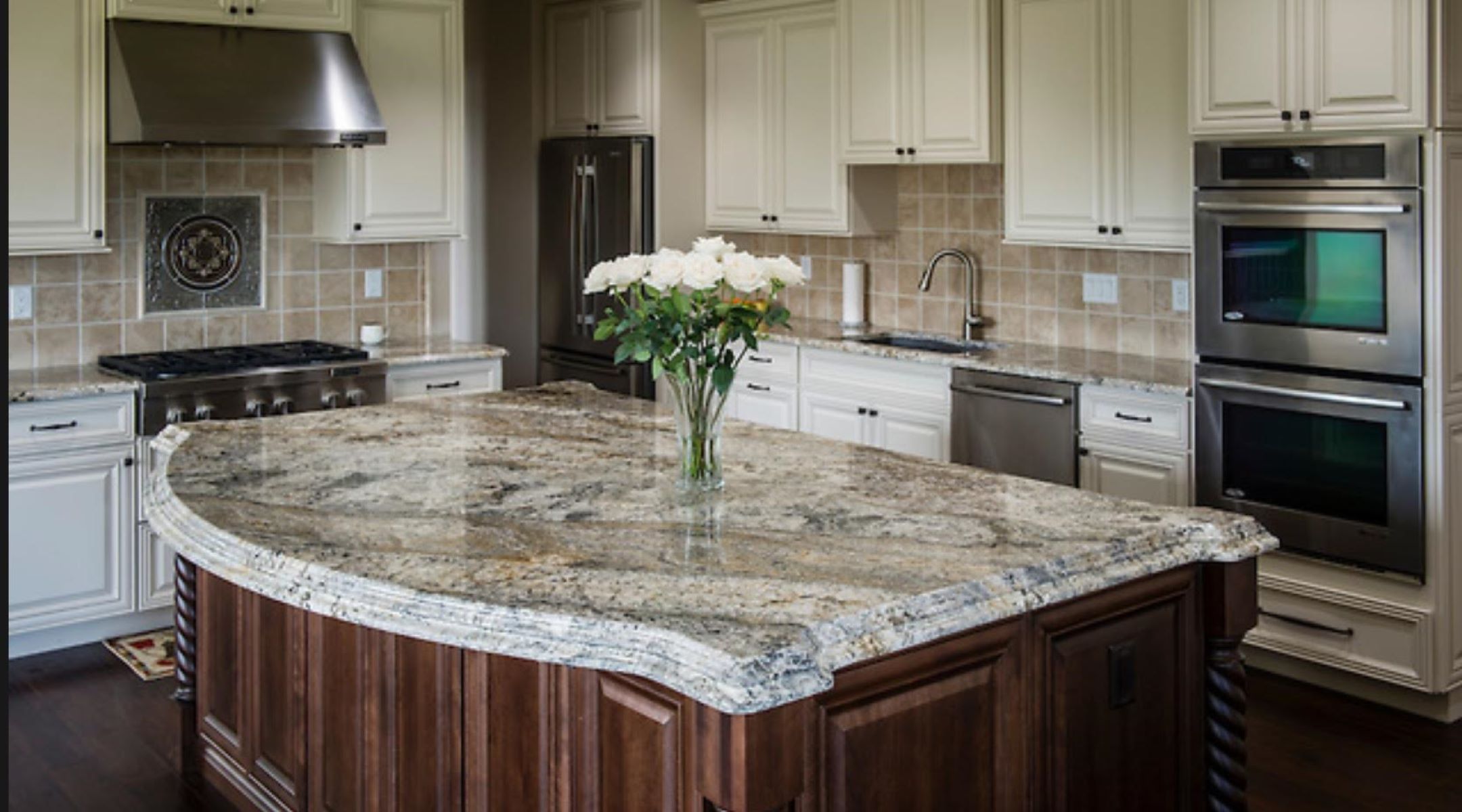
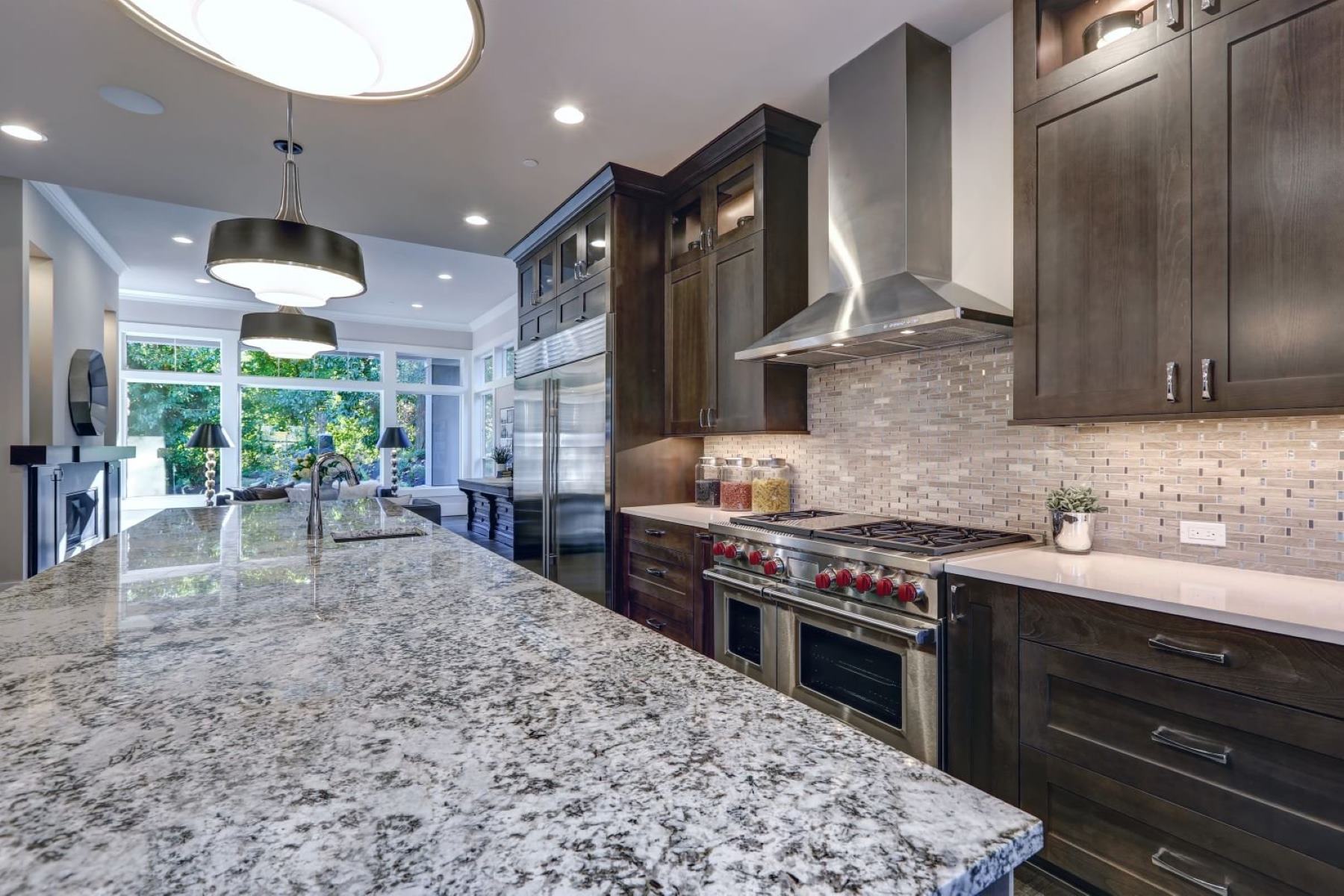
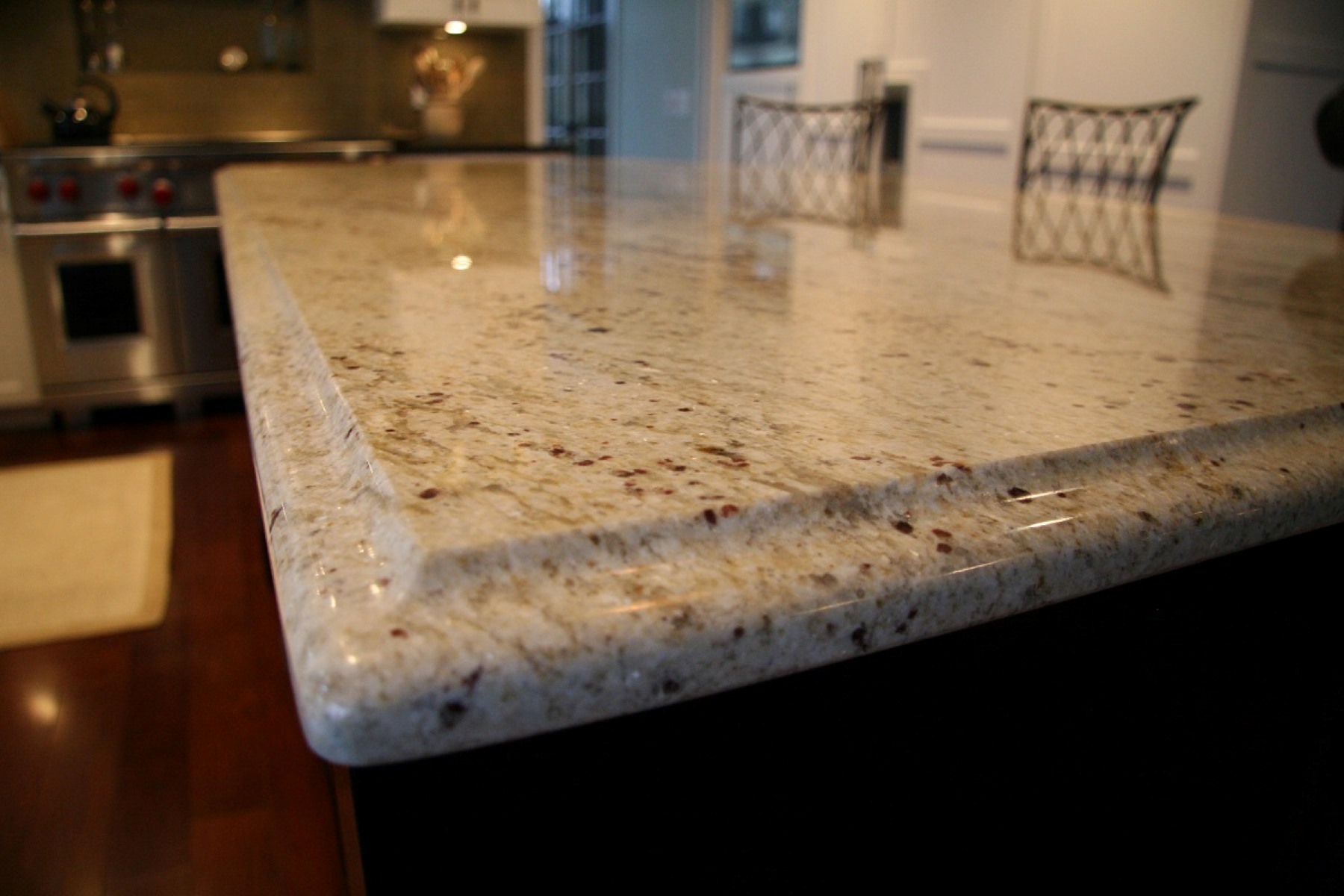
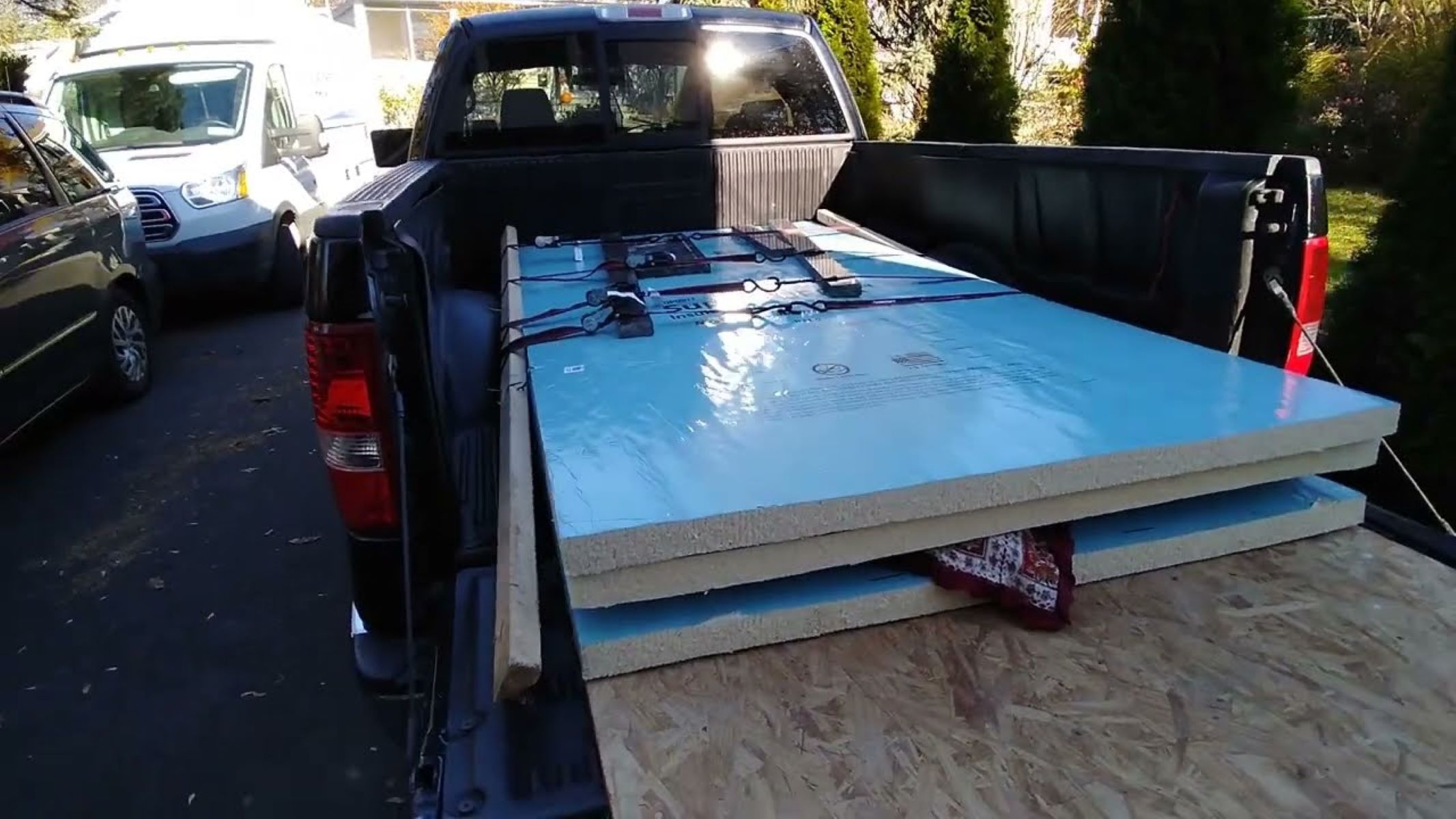
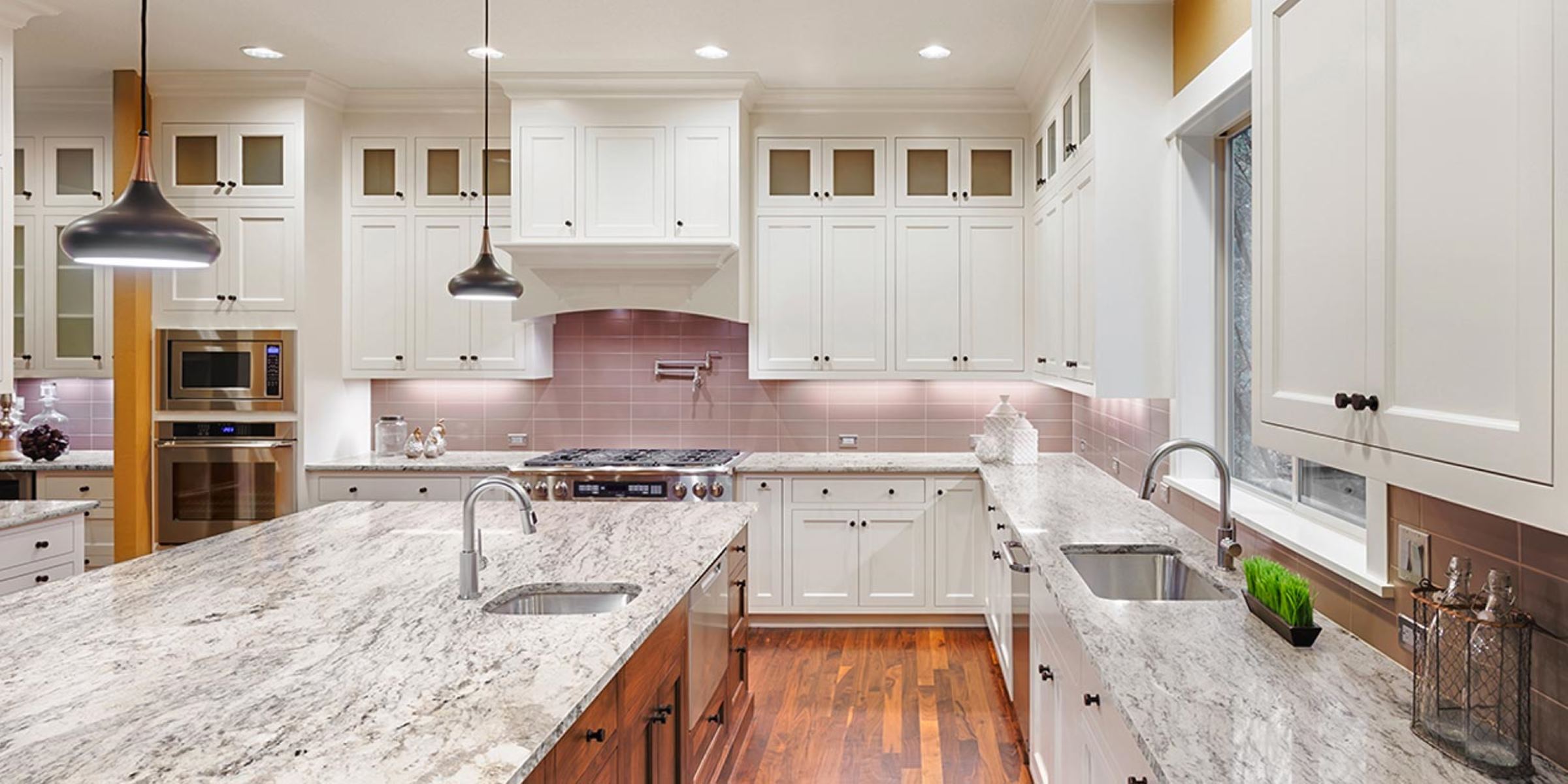
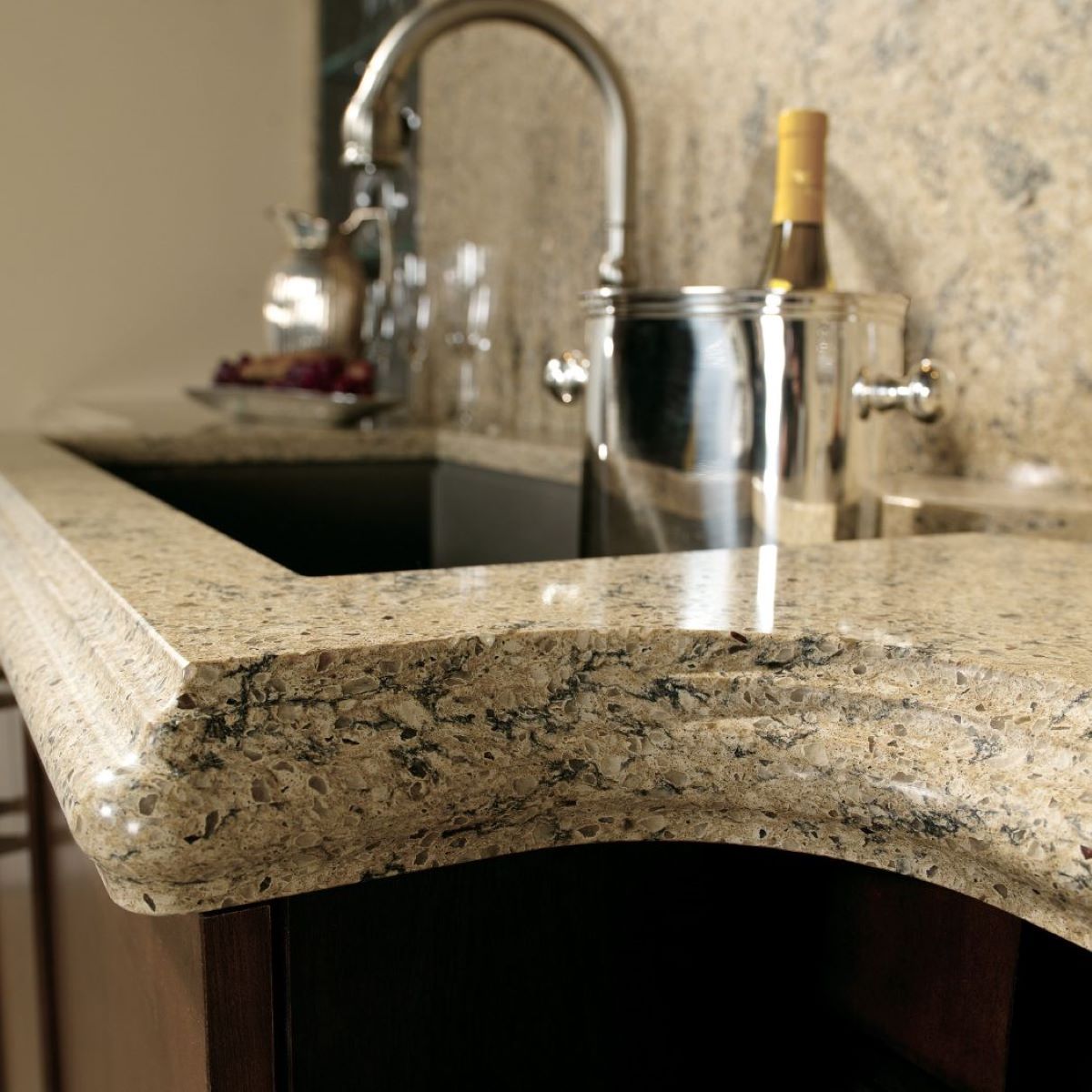
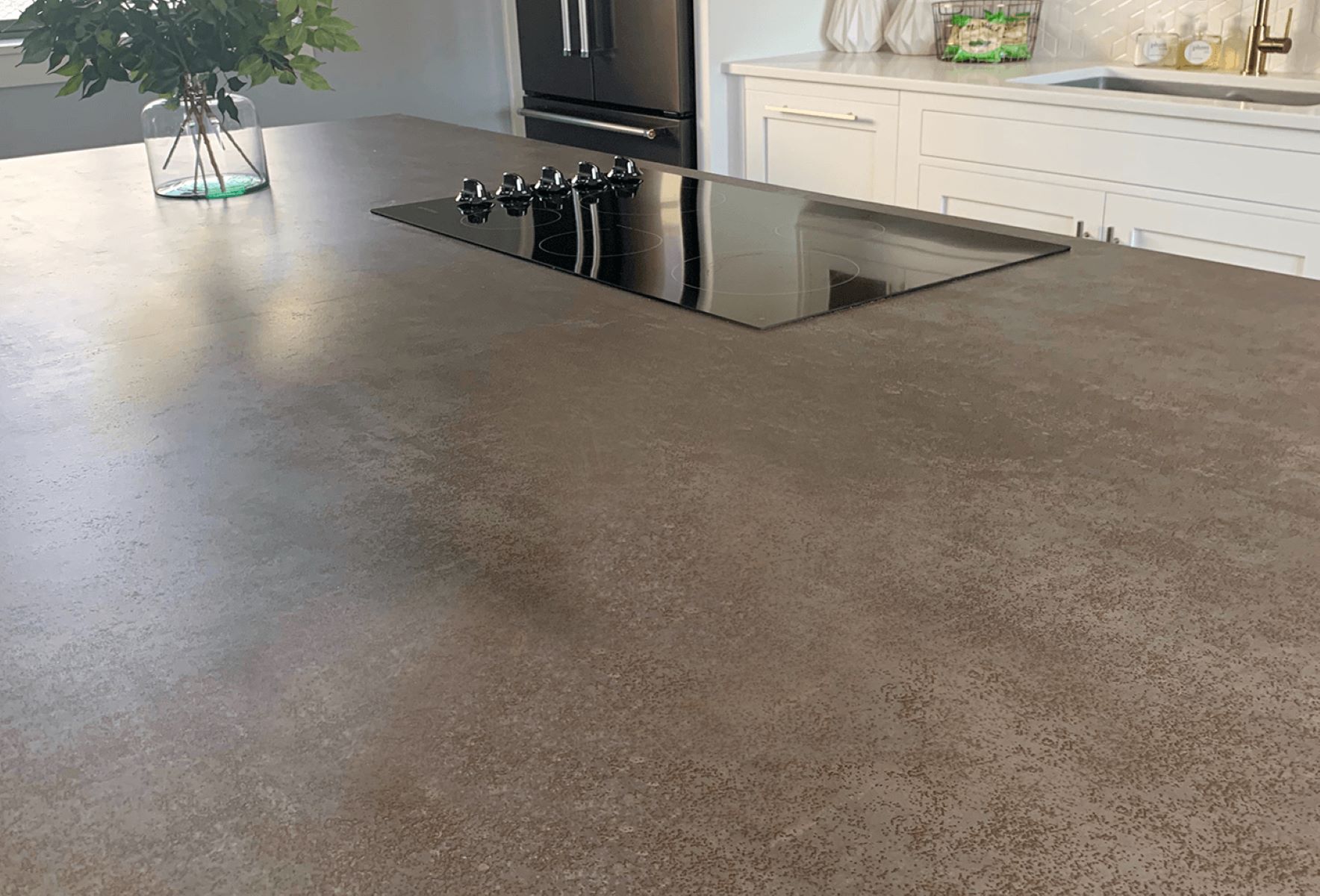
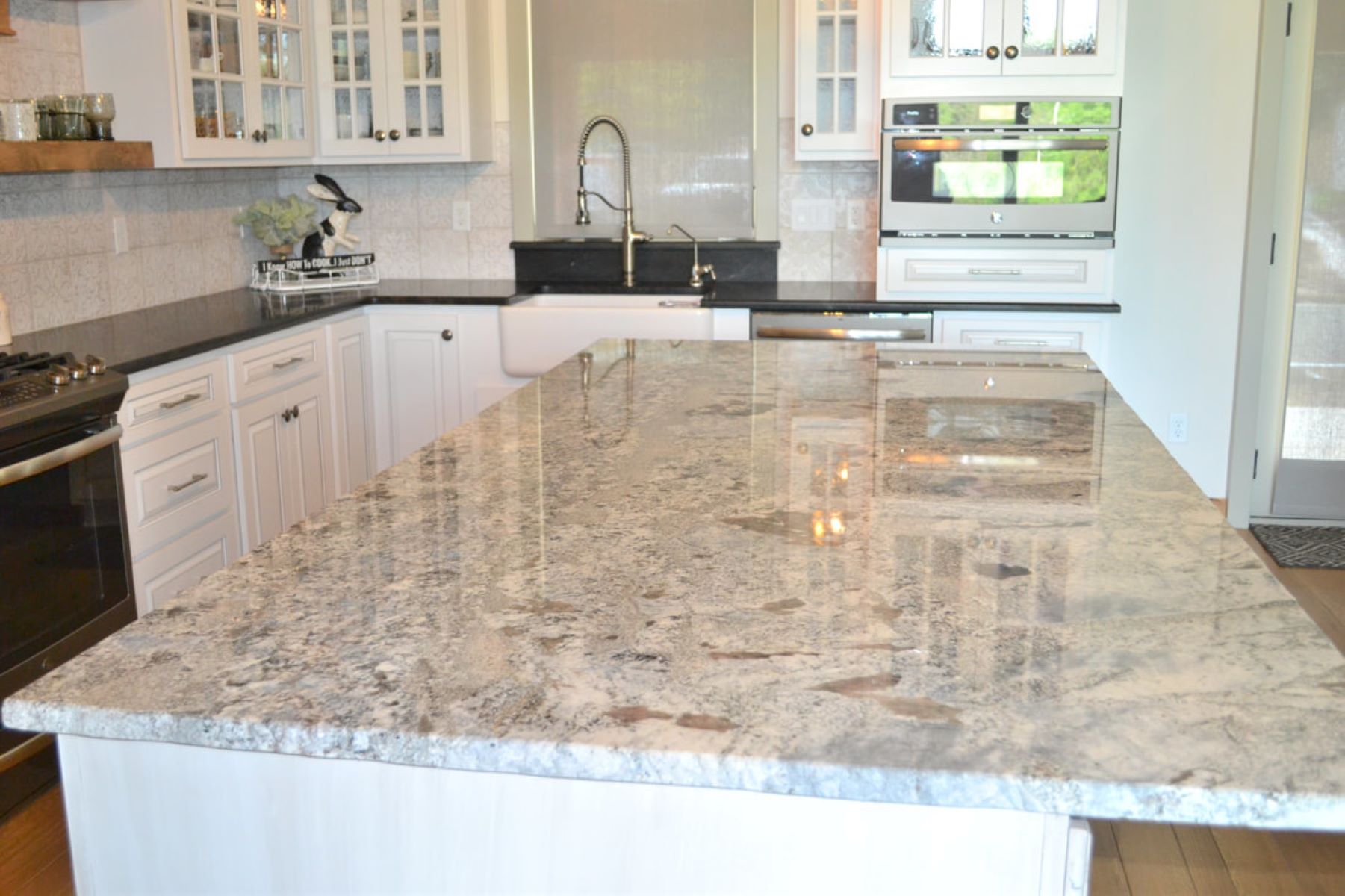
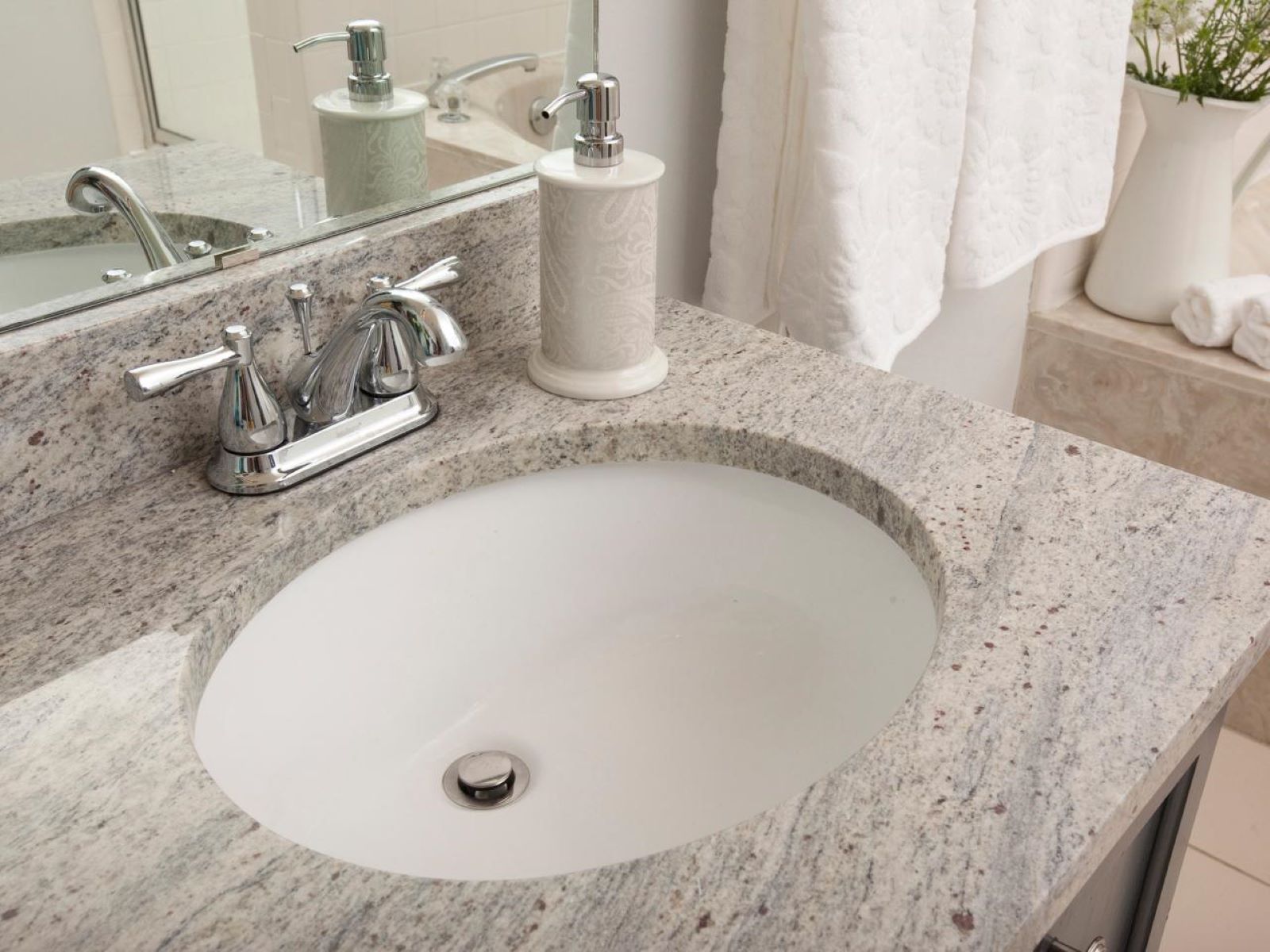

0 thoughts on “What Is The Best Sealer For Granite Countertops”